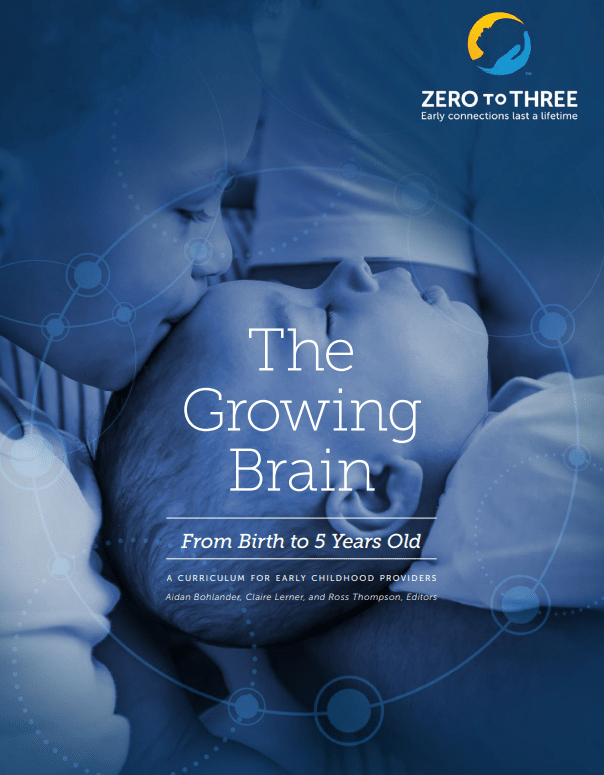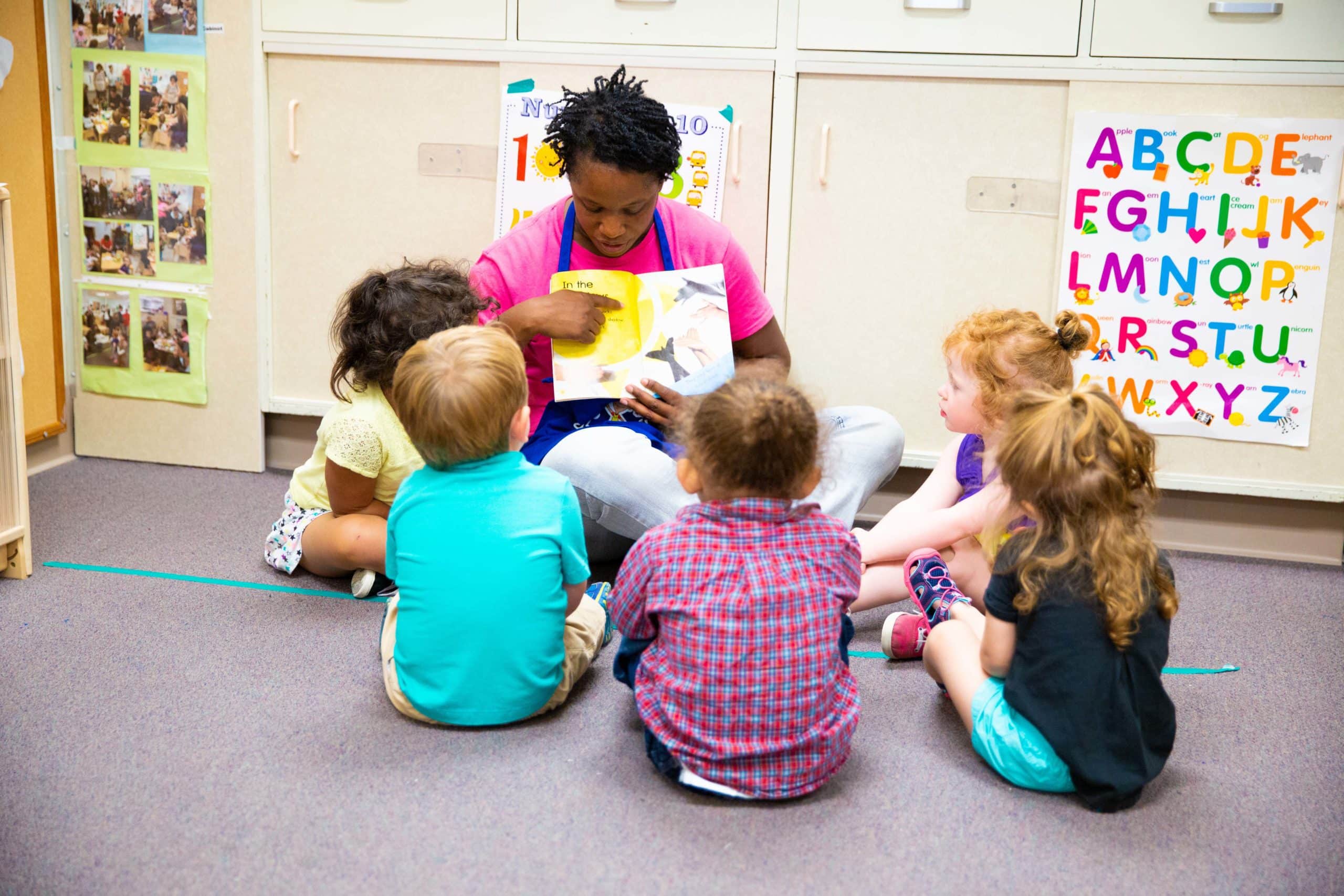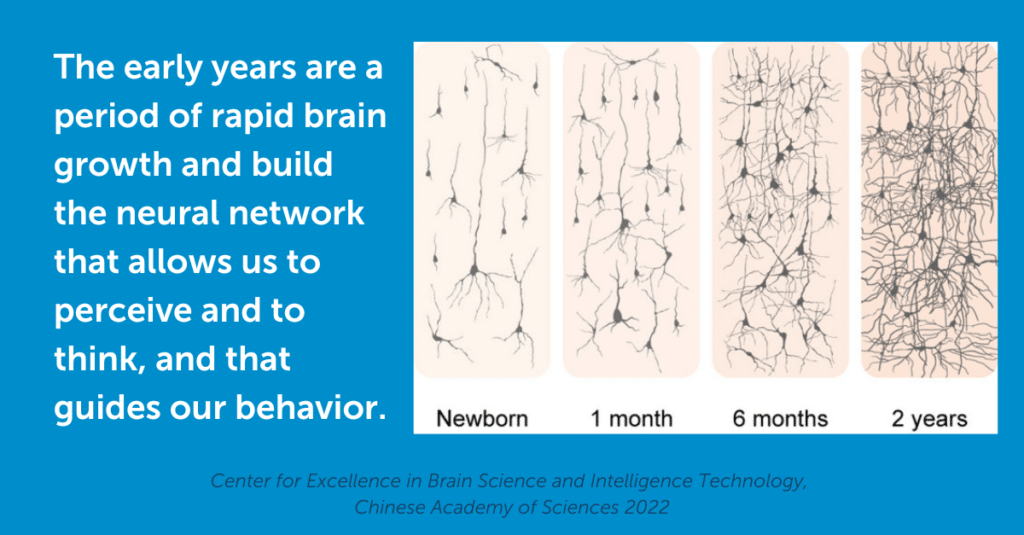Interested in learning more about neuroplasticity and brain development?
We offer evidence-based training programs that cover key concepts and research as well as practical strategies to foster brain development:


Children born during the COVID-19 pandemic faced unique challenges. During their crucial early months and years of development, they may not have had the same level of interactions, socialization, and (if needed) early interventions as children born before the pandemic. Some studies showed that babies born during the pandemic had a higher risk of delays in communication, gross motor skills, and social emotional development. But there are good reasons to believe that any setbacks could be temporary, and that’s due to what we know about neuroplasticity.
Neuroplasticity refers to the brain’s ability to modify itself and respond to new experiences in the environment. This plasticity is greatest at the beginning of our lives and decreases as we age. Babies can learn so much so quickly because their brains are creating many new connections between neurons. Experience-dependent neuroplasticity refers to changes in the brain’s connections that happen only if the child receives the environmental stimuli to build those connections. The brain takes in new experiences and builds neural connections. Not everyone will have the same experiences and connections.

So how does the pandemic fit in? Children born during the pandemic had different early life experiences from those born prior to 2020.
There are good reasons to believe that any setbacks could be temporary, and that’s due to what we know about neuroplasticity.
With what we know about experience-dependent neuroplasticity, it’s easy to see how the lack of these experiences and stimuli could affect brain development. However, it’s that same plasticity that allows children to catch up and continue building neural connections. And your everyday interactions and routines make a big impact on strengthening their brain development!
The strategies above — which are recommended for all young children — are ones that you’re likely already using in your work. When you create enriching environments and tailor interactions to the individual needs of the children you work with, you’re helping them catch up to where they would have been pre-pandemic.
Interested in learning more about neuroplasticity and brain development?
We offer evidence-based training programs that cover key concepts and research as well as practical strategies to foster brain development:


|
Join us for the 2025 LEARN Conference in Baltimore this October! Early bird pricing ends July 14.
|